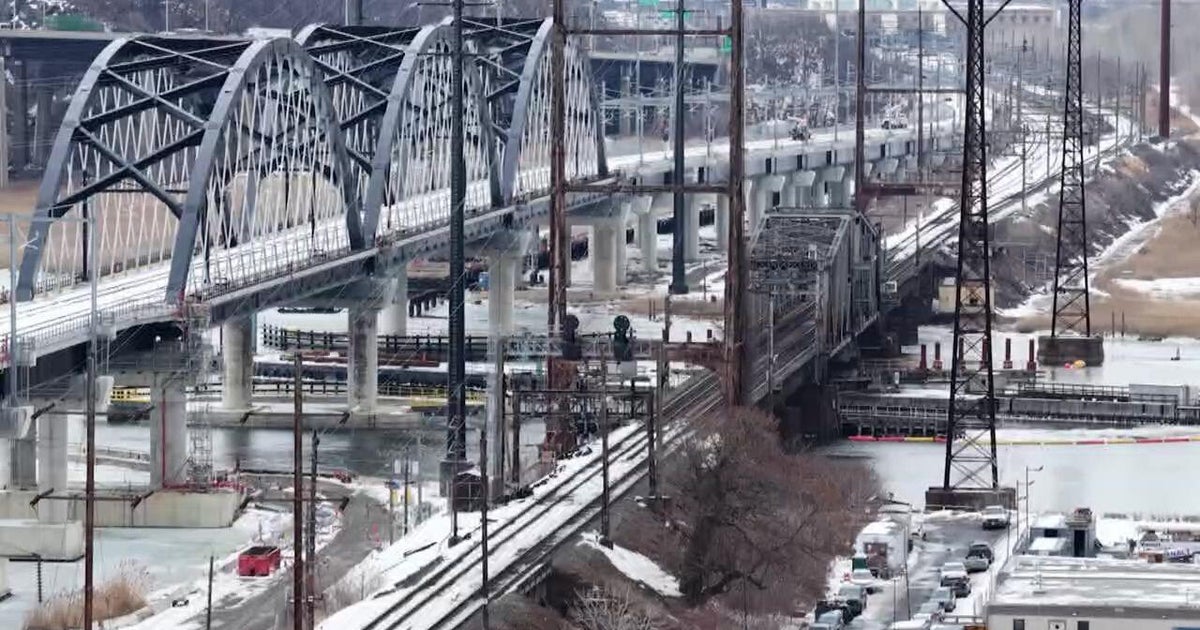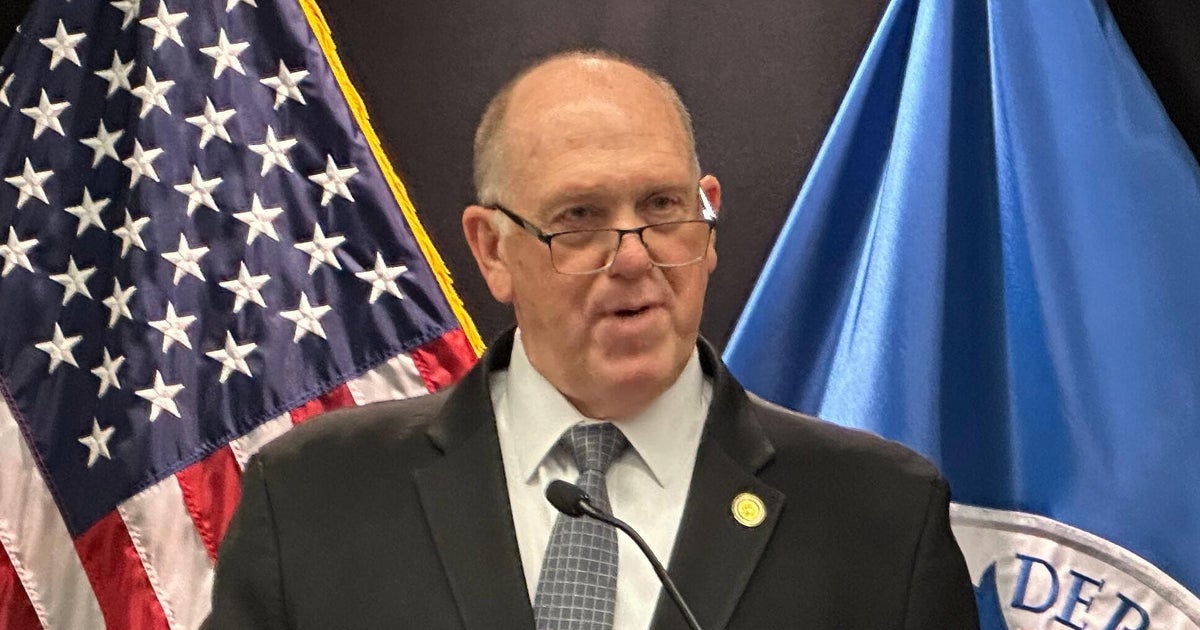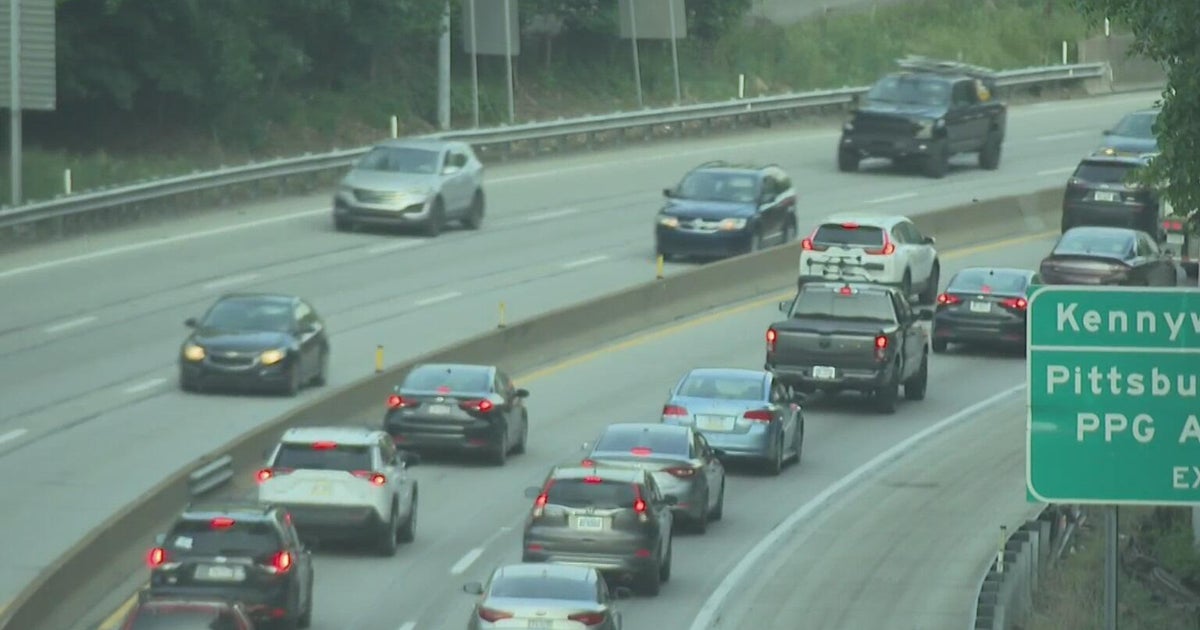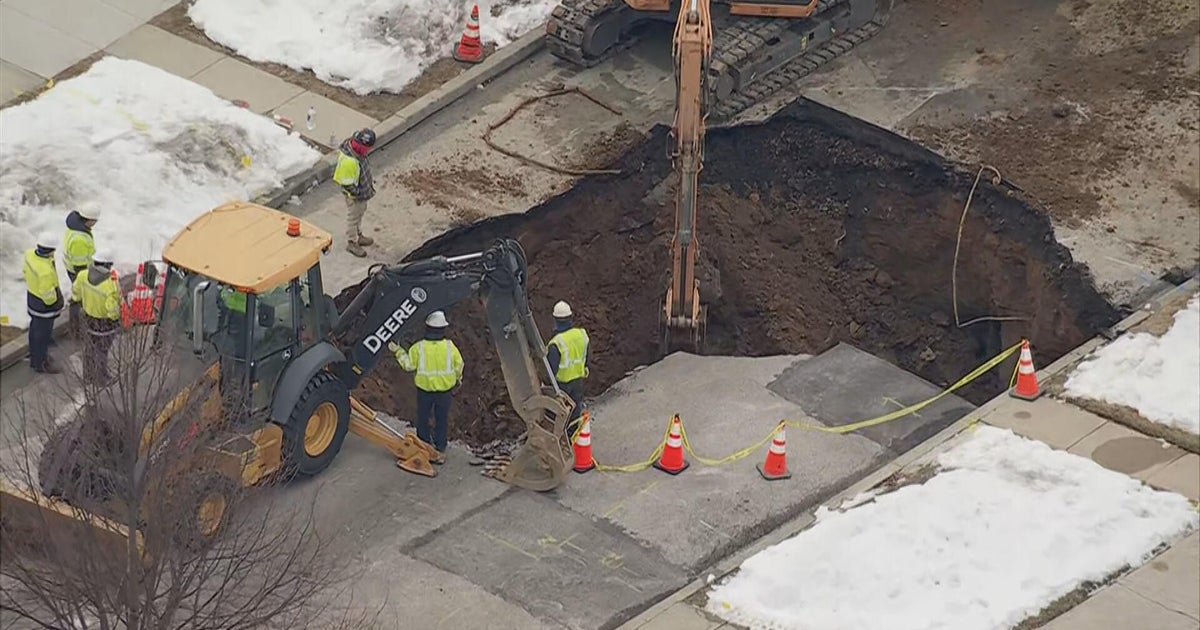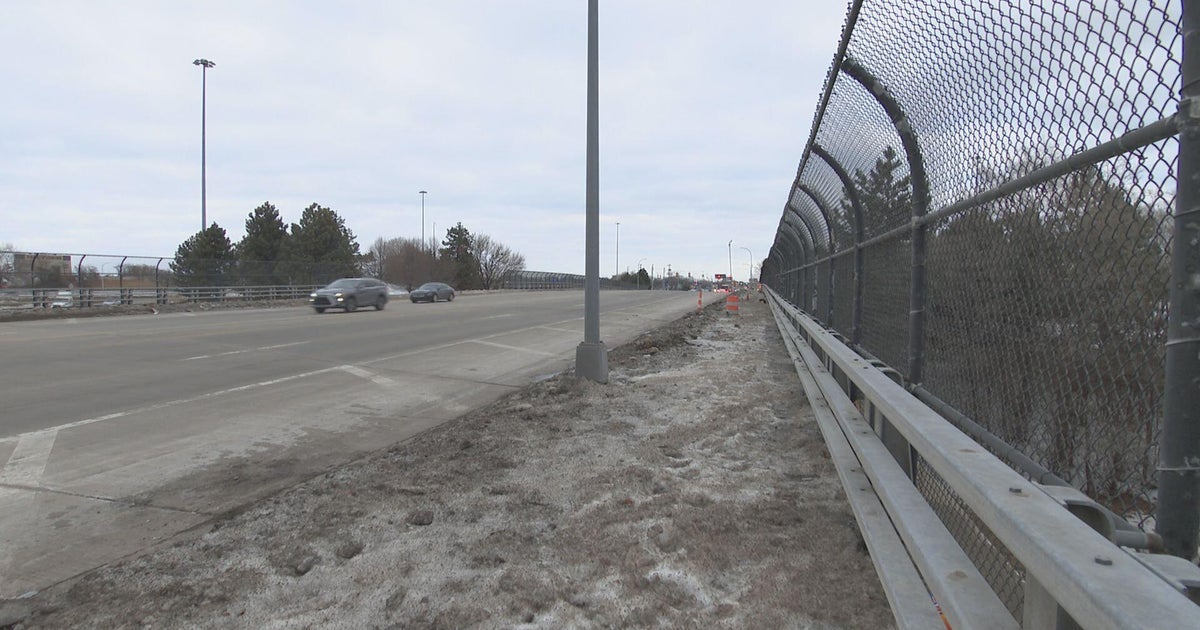New Bay Bridge Opening Postponed Until December Because Of Bad Bolts
SACRAMENTO (CBS/AP/BCN) -- The new eastern span of the San Francisco-Oakland Bay Bridge will not open as scheduled on Labor Day as it will take contractors until at least December to repair cracks in the bridge's seismic safety bolts, transportation officials announced Monday.
A new opening date for the $6.4 billion crossing will be decided after the retrofit of the failed bolts is completed, which is estimated to take until at least Dec. 10, members of the Toll Bridge Program Oversight Committee told four state legislators during a closed door briefing in Sacramento.
"We are announcing today a postponement of the scheduled opening of the new east span," said Bay Area Toll Authority executive director Steve Heminger, speaking to reporters after the meeting and releasing a report the group presented to lawmakers.
He indicated that replacing the 32 snapped bolts, located on a pier along the span just east of Yerba Buena Island, would be a complicated project.
"You can look at as our belt broke, and we are putting on some suspenders. We need to get the suspenders fabricated and installed... we currently forecast that work will be done around about the middle of December," explained Heminger, who also is chairman of the three-member oversight committee.
New Bay Bridge Opening Postponed Until At Least December Because Of Bad Bolts
"We are sorry, we are very sorry for this delay.... We will be opening a safe new bridge for (commuters) as quickly as we are able to do so," he added.
Heminger had previously said that transportation officials felt an urgency to fix the bolt problem quickly and open the new span as soon as possible because the motivation for building it was to make the Bay Bridge seismically safe after it was damaged in the 1989 Loma Prieta earthquake.
The delay will create complications because of worsening weather in the fall and because transportation officials had been counting on a three-day Labor Day holiday to finish their work. Engineers will need to shut down the existing bridge for four days as they make final adjustments to divert traffic onto the new span at the Oakland touchdown and the Yerba Buena Island tunnel.
New Bay Bridge Opening Postponed Until At Least December Because Of Bad Bolts
Committee members said in a statement that a new date for opening the new span will be based on "actual completion of the east pier retrofit work, weather windows, traffic impacts and other information as it becomes available."
They said, "the bridge opening may or many not coincide with a Monday holiday weekend and may involve shorter advance notice to the public than prior closures."
Transportation officials first learned in March that about a third of the 96 bolts installed on the pier had failed.
The bolts, also known as anchor rods, which are located near where the new span's self-anchored suspension span meets its skyway, popped out several inches after being tightened.
However, engineers' review of other bolts throughout the structure have not found further problems, easing concerns that they could also have become brittle from exposure to hydrogen. The other bolts have been in place and under tension for three months to four years without failing, Heminger said.
"We do not believe there is any further danger" from failed bolts because the others have been performing as designed, he told reporters at the state Capitol.
"They feel confident there should be no other last-minute surprises," state Sen. Mark Leno, D-San Francisco, said after the nearly two-hour private meeting.
But there is a longer term danger from what is known as "stress corrosion," Heminger said. Engineers can deal with that after the bridge opens to traffic, he said.
Exposure to hydrogen was the root cause for why the 32 seismic safety bolts became brittle and cracked after they were tightened in March, according to the report. The problem is considered a short-term phenomenon that occurs in metals when certain conditions apply.
Monday's report indicates that officials overseeing the project altered the original plan for treating the high-strength steel rods on the span. Initial bridge specifications required the rods to be mechanically galvanized, subjecting them to less heat and potential embrittlement than a method called hot-dip galvanizing in which the steel is "dipped into a bath of molten zinc at approximately 850 degrees Fahrenheit."
But contractors and Caltrans design staff determined that the 3-inch and 4-inch diameter tower rods being used were "too long and too heavy for the mechanical process." The decision was based partly on Caltrans' experience with the retrofit of the Richmond-San Rafael Bridge, where the hot-dip galvanizing method was used and rods were tightened under water, the report said.
There is little indication that the engineers discussed the far higher tension levels and potential corrosion problems that could be anticipated on the Bay Bridge, the report said.
The opening of the bridge has been in doubt as crews work to install the repair for the cracked seismic safety bolts — important pieces that hold a shock-absorber-like piece called a "shear key" to the bridge deck so that the structure can move safely during a quake.
Making and installing the steel retrofit saddle will cost a minimum $15 million, with lawsuits likely to determine who bears the cost for shoring up the bridge because of the failed bolts, said state Sen. Mark DeSaulnier, D-Concord, chairman of the Senate transportation committee.
DeSaulnier recalled first voting to build the bridge in 1998 when it was projected to cost $1.1 billion and open by 2003, and be more seismically safe than any similar structure in the world.
"We're now at $6.3 billion, we're 10 years late and now we're going to be later still so we put the driving public at risk for longer — much longer — than we wanted," DeSaulnier said.
State Sen. Anthony Cannella, R-Ceres, said lawmakers should embark on a detailed review once the bridge opens.
"There are a lot of glaring problems with this project that we can learn from," said Cannella, a civil engineer.
Caltrans Director Malcolm Dougherty, who has been criticized over his handling of the bridge construction, declined to make any comment.
(Copyright 2013 by CBS San Francisco, the Associated Press and Bay City News. All Rights Reserved. This material may not be published, broadcast, rewritten, or redistributed.)
